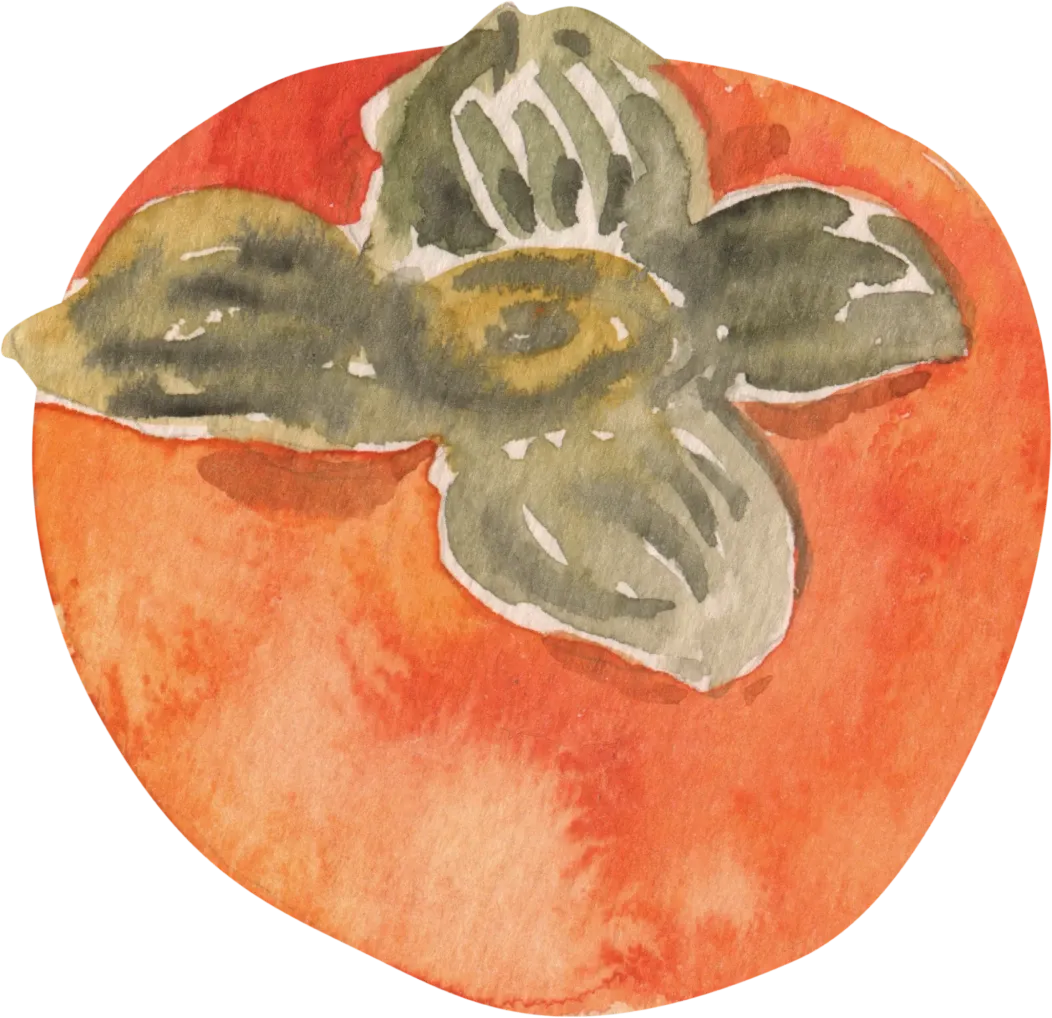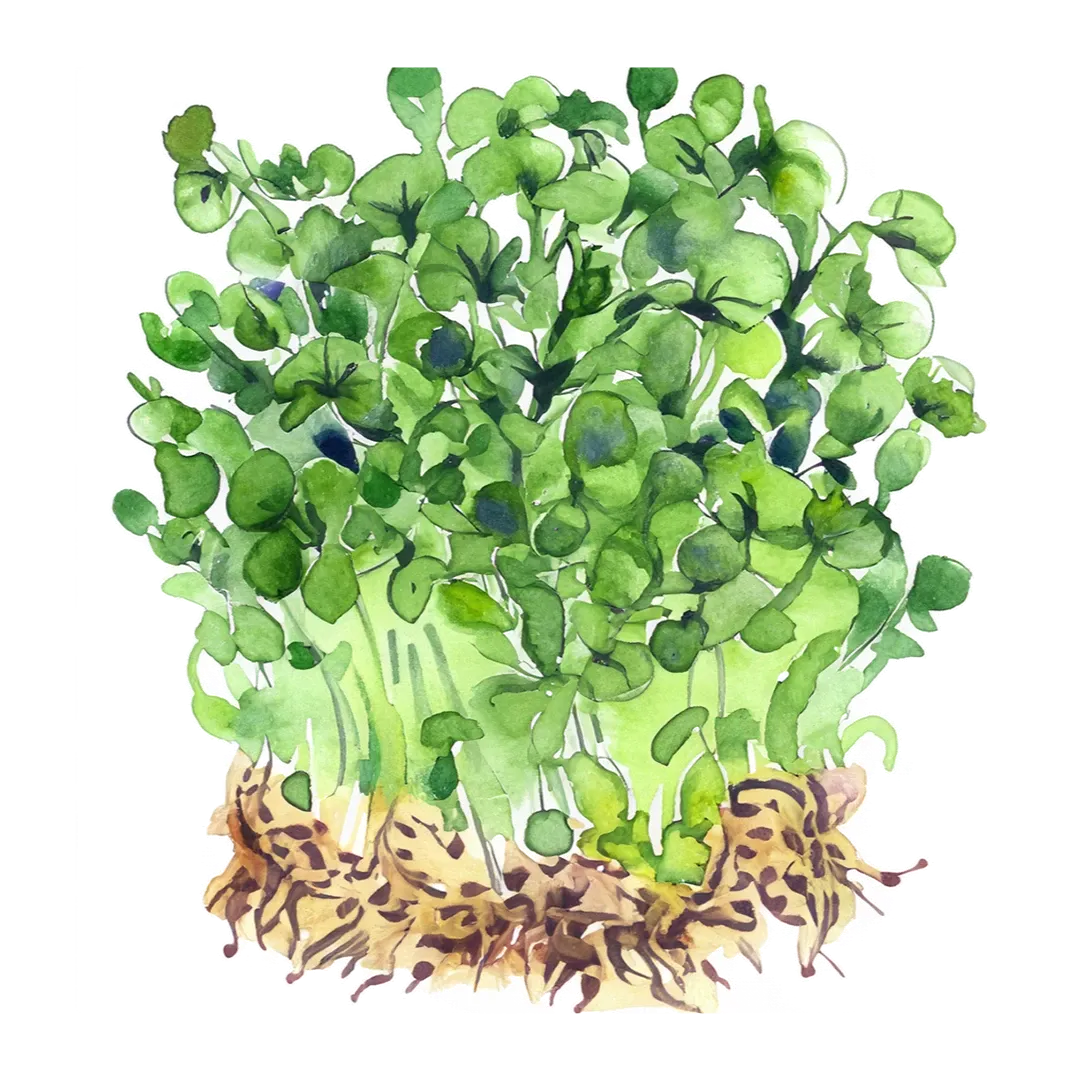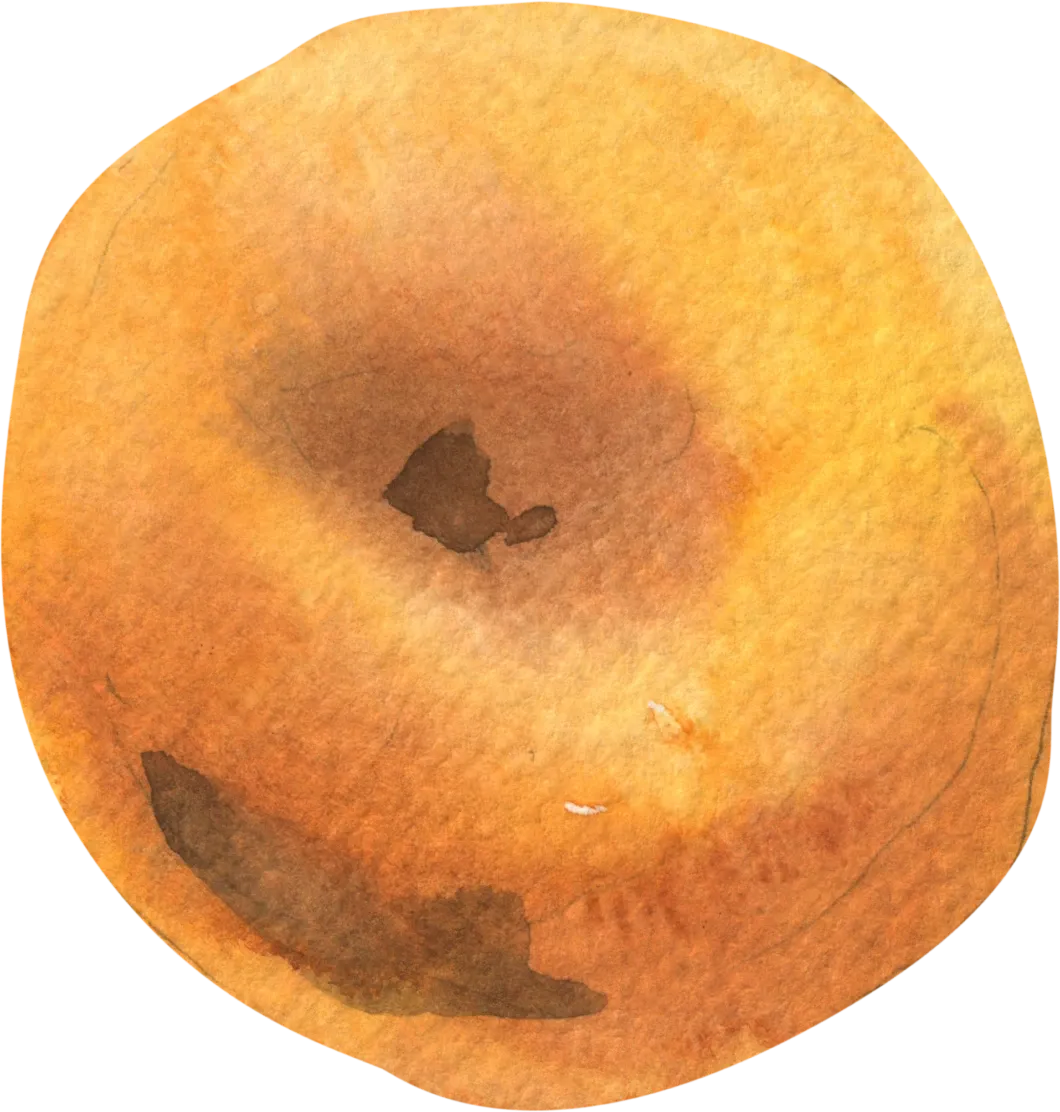The Health Benefits of Persimmons: A Sweet and Nutrient-Packed Autumn Fruit
Introduction
Persimmons are a unique and flavorful fruit that become especially popular in the fall and winter months. Known for their vibrant orange color and honey-like sweetness, persimmons are not only delicious but also packed with essential nutrients. Whether eaten fresh, dried, or used in various recipes, persimmons are a tasty way to boost your health.
Health Benefits of Persimmons
- Supports Eye Health
Persimmons are rich in vitamin A and beta-carotene, which are essential for maintaining good vision and eye health. These nutrients help protect the eyes from age-related macular degeneration and improve overall eye function.
- Promotes Digestive Health
With their high fiber content, persimmons aid in digestion by supporting regular bowel movements and promoting a healthy gut. Eating fiber-rich fruits like persimmons can help prevent constipation and promote overall digestive well-being.
- Rich in Antioxidants
Persimmons are packed with powerful antioxidants, including vitamin C, beta-carotene, and polyphenols. These antioxidants help reduce inflammation, fight free radicals, and lower the risk of chronic diseases such as heart disease and certain cancers.
- Supports Heart Health
The potassium and fiber found in persimmons work together to support heart health. Potassium helps regulate blood pressure, while the fiber helps lower cholesterol levels, both of which reduce the risk of heart disease.
- Boosts Immune Function
Persimmons are an excellent source of vitamin C, which is crucial for a healthy immune system. Including persimmons in your diet can help strengthen your body’s defenses against infections and promote faster recovery from illnesses.
Creative Ways to Enjoy Persimmons
Persimmons are versatile and can be enjoyed in a variety of dishes:
- Raw: Eat persimmons fresh and whole, or slice them into salads for a sweet, fruity twist.
- In Desserts: Use persimmons in pies, tarts, and puddings for a naturally sweet dessert.
- In Smoothies: Blend persimmons into smoothies for a rich and creamy texture with a boost of vitamins.
- Dried: Dried persimmons make for a healthy snack, offering concentrated sweetness and nutrients.
- In Sauces: Puree persimmons into a sauce for drizzling over pancakes, yogurt, or roasted meats.
Conclusion
Persimmons are not only a delicious autumn treat but also a powerhouse of nutrition. From promoting eye and heart health to boosting the immune system and aiding digestion, persimmons offer a range of health benefits. Whether eaten fresh or incorporated into recipes, persimmons are a sweet and nutrient-dense way to enhance your diet.
FAQs About Persimmons
- Are persimmons good for weight loss?
Yes, persimmons are relatively low in calories and high in fiber, which helps promote fullness and can aid in weight management.
- How should I store persimmons?
Store ripe persimmons in the refrigerator to extend their freshness, or keep unripe persimmons at room temperature until they soften.
- Do persimmons lose nutrients when cooked?
Persimmons retain most of their nutrients when lightly cooked, though high heat can reduce their vitamin C content. Baking and drying are excellent ways to enjoy persimmons while maintaining their nutritional value.
- Are persimmons AIP diet compliant?
Yes, persimmons are compliant with the AIP diet and can be consumed by those following an autoimmune protocol.
- Are persimmons Low-FODMAP?
No, persimmons are high in FODMAPs and may not be suitable for individuals with IBS or other digestive sensitivities.
- Are persimmons Low Histamine?
Persimmons are generally considered low in histamine and are well-tolerated by most individuals with histamine intolerance.
- Are persimmons Keto-friendly?
Persimmons are higher in carbohydrates, so they should be consumed in moderation on a keto diet. Small portions can fit into a low-carb plan.
Recipes
Check out our meal planning service by following these recipes:









